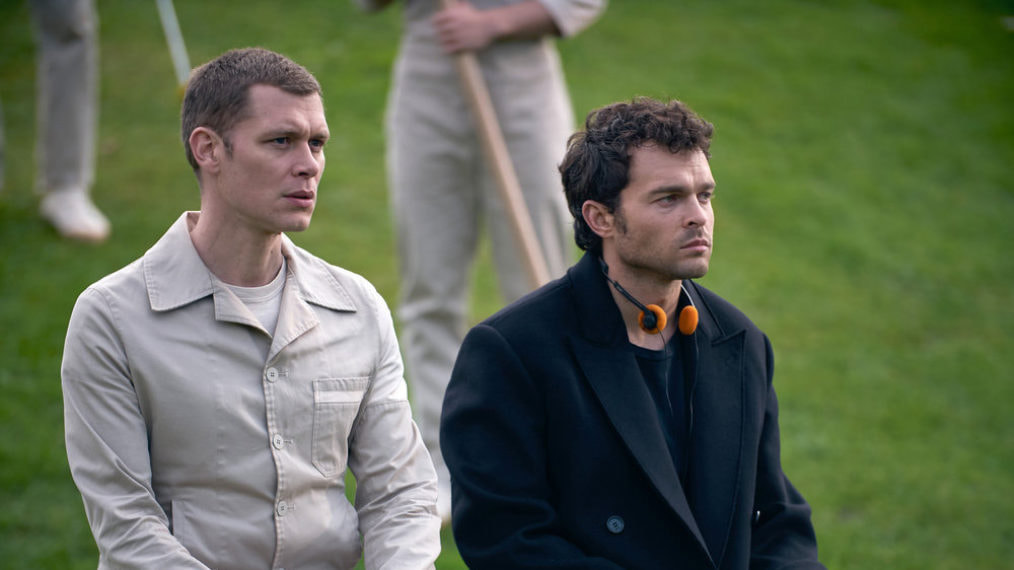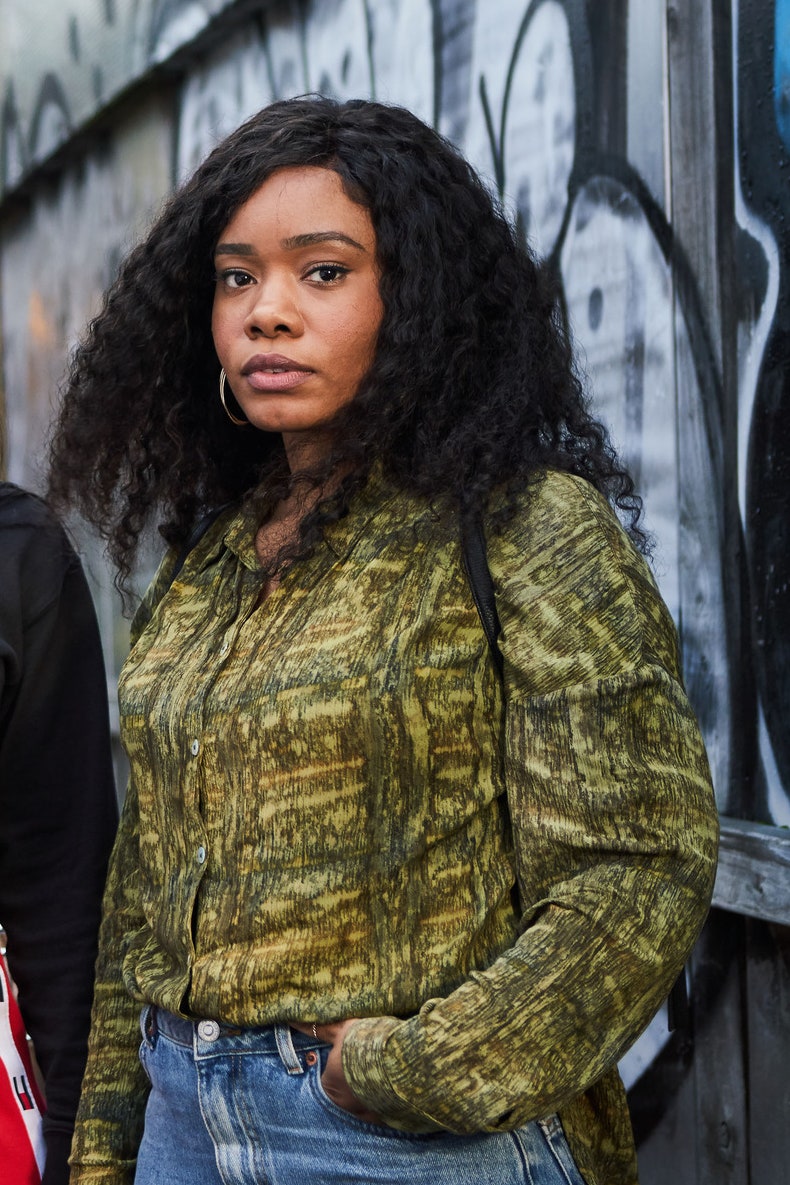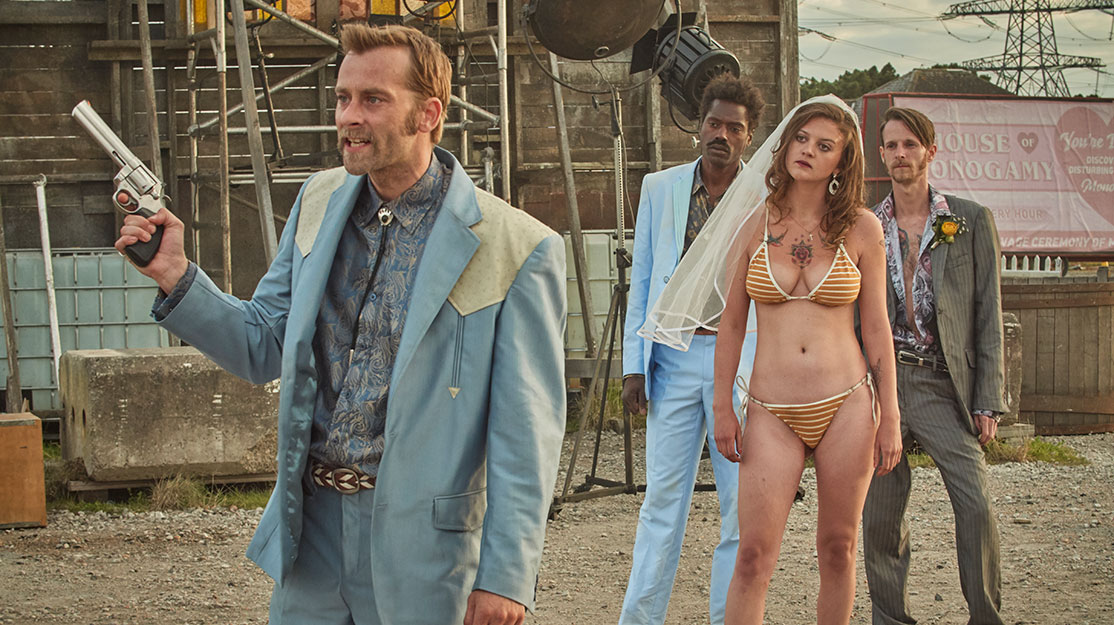Between Normal People and I May Destroy You, we get good sex, bad sex, and everything in between, with the latter focusing on sexual assault and non-consent. Ostensibly, these two shows are very different outside of this emphasis on intimate content, which is perhaps why they also find common ground in a shared production member: British intimacy coordinator Ita O’Brien.
Intimacy coordinators play a new role in the entertainment industry; as the name implies, they oversee and help direct intimate scenes. When used correctly, they’re brought in early in the filmmaking process, while the scene in question is still on the storyboard. O’Brien describes her job as akin to the stunt coordinators’, which, if you’ve ever watched a Fast & Furious film, is requisite. “They listen to the director, read the script, find out what the storytelling is for that stunt, what the risks are and then teach their actors or stunt doubles techniques in order to make that stunt safe. They put in place things like crash mats and then choreograph the whole thing really clearly,” she said when we spoke over Zoom last week. “Just as a stunt coordinator does, we’re putting in our ‘crash mats.’”
Hiring an on-set intimacy coordinator became more common in the wake of the Me Too movement, but O’Brien had been working closely on sex scenes for years before. She used to work as a movement director — she created a set of guidelines and best practices around scenes with sex and nudity in 2014 — and in 2017, she was hired in that specific capacity for the first time.
The Cut spoke with O’Brien about her job, the film industry’s relationship to intimate content today, and how she built sex scenes for two shows that explore completely different kinds of intimate encounters.
More . . .





















 RSS Feed
RSS Feed
